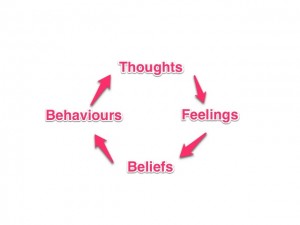It’s difficult to feel happy if your partner is constantly critical. We all complain sometimes about how our partner behaves, but if the list of things you do wrong is endless, if you feel you can’t do anything right for your husband or wife, if you have to ‘walk on eggshells’ around your boyfriend or girlfriend, then it’s time to talk to your partner about how you are feeling, or if they won’t listen, to get professional help.
It’s better to seek relationship counselling sooner rather than later. You may well think that it’s in my interest to say that, but I meet couples where one partner has been unhappy for several years but has kept hoping ‘things will get better’, has tried to keep their partner happy rather than saying how they feel. Finally, they have begun to distance themselves emotionally, to fall out of love, maybe to look elsewhere for comfort, and by the time the couple come for counselling, the ‘critical’ partner is bewildered that he or she is no longer loved, and the one who has felt unable to do anything right finds it hard to know how to begin caring again.
When one partner becomes critical of the other, it is often because he or she is unsettled by change; it may be stress at work, being alone with small children, family illness, any number of ‘life-stage’ events. The ‘critical’ partner frequently remains unaware of what is making them unhappy, and projects their feelings onto their partner, blaming them for doing things wrong, criticizing them instead. The one who is ‘walking on eggshells’ thinks it’s unfair, feels badly treated, and begins to withdraw from the relationship in order to survive.
It’s not easy to see what is going on when you are part of a couple, when you are inside; it can be like trying to find your way through a maze, blindfold. But a trained counsellor can look at the intricacies of your relationship with fresh eyes, can give you an overview from outside, can help you see what is happening and why. There is no instant fix, it takes time for one partner to understand why they have been so critical and to begin to change. It can take much longer for the other to trust, and to love again. So if you are beginning to feel ‘distanced’ by your partner’s behaviour, ask for help soon. Don’t leave it until it’s too late.

